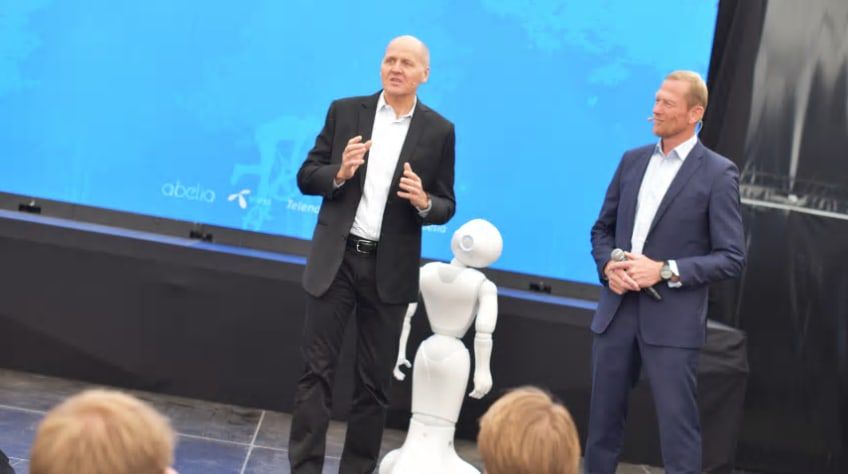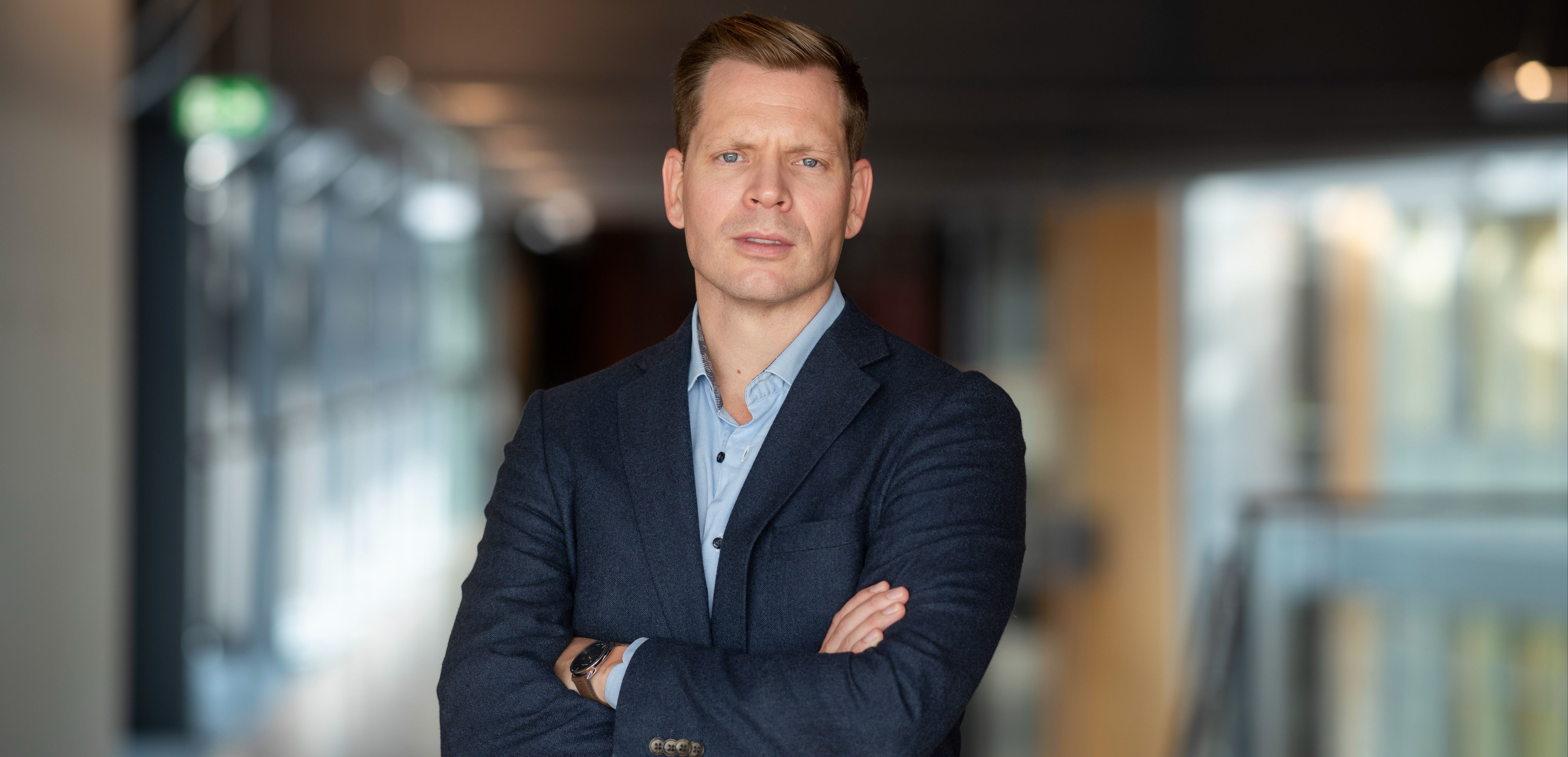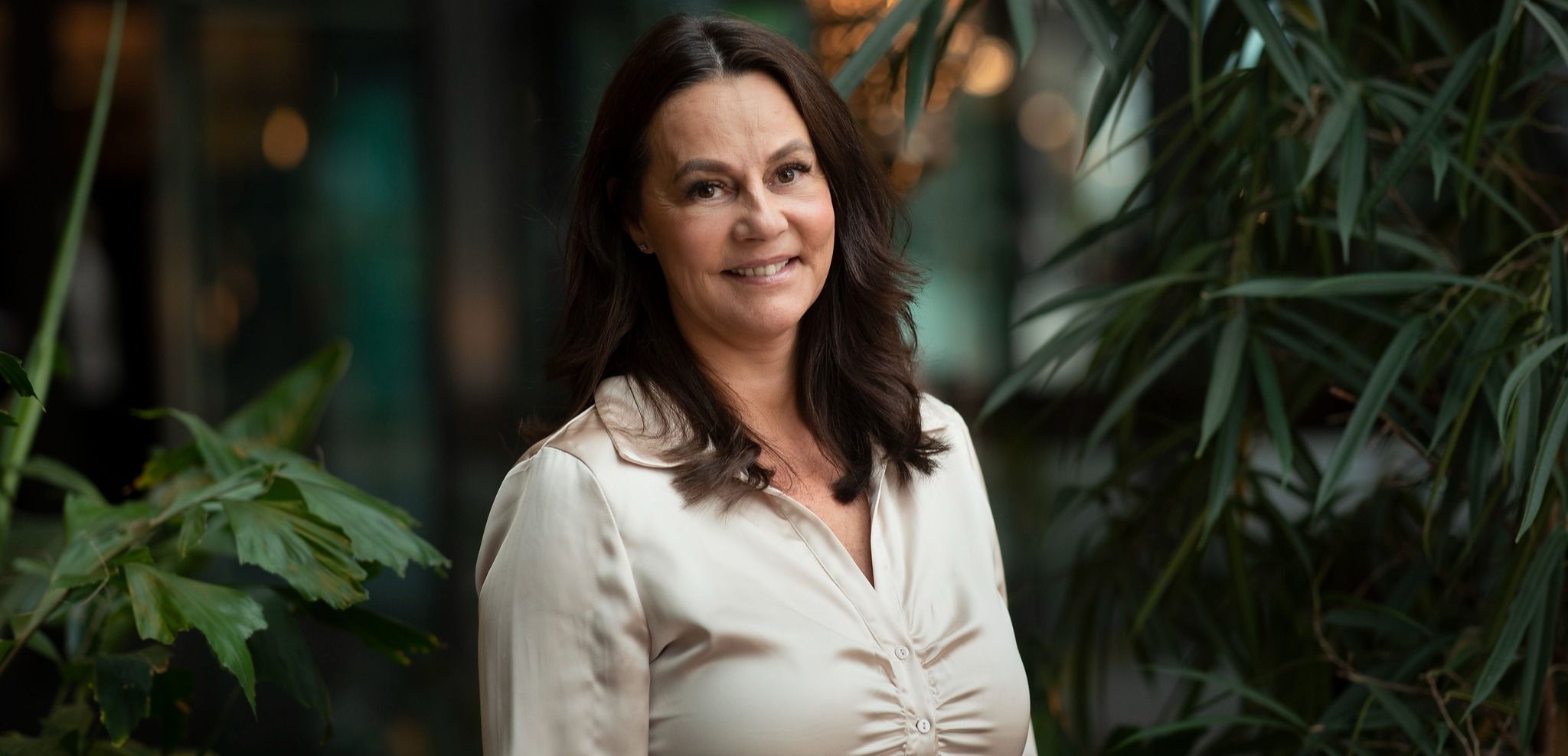Telenor investing in data capture and analysis capacity for a smarter society

(Arendal, 14 August 2017) Anonymised customer data from Norway’s biggest mobile phone network could be used to build smarter transport systems, health and welfare systems for the future, and customised travel experiences.
One year after Telenor launched its major initiative in artificial intelligence and the ‘Internet of Things’ with a special AI lab at the Norwegian University of Science and Technology (NTNU) and experimental IoT network in major Norwegian cities, an investment amounting to a total of NOK 50 million over five years, the telecom company is now investing in a major upgrade of its capacity for data capture and big data analysis.
“At Telenor, we have enormous volumes of data in our network. Through several studies and practical applications, we have shown how anonymised mobility data can make public and commercial services more relevant and effective. Data is the continental shelf of our era, and Telenor wants to be part of laying the foundations for a robust supplier industry. We want to contribute to a Norwegian digitalisation boom. This is why we are investing now to systematise and make our anonymised customer data available for advanced data analysis. These are skills we want to develop in Norway and Scandinavia, and then look at applications in our markets in Europe and Asia”, said CEO Sigve Brekke.
Mobility data is data from the mobile network, which registers a customer’s location, usage pattern and movement pattern. These data are subject to stringent personal data protection restrictions. The investments Telenor is now making will ensure that the company can store, structure and anonymise mobility data, and make the data available for further analysis, within the restrictions of the personal data protection legislation.
“Together with our research partners, the public authorities and commercial companies, we are already working on a number of exciting applications for mobility data. The investments we are now making will enable us to develop experience, skills and systems, and interface these with major clients, partners and start-up companies in the ecosystem around us.
This could lay the foundation for smarter transport systems, more efficient and better quality health and welfare systems, and customised travel experiences. The project is starting in Norway, and will be expanded across Scandinavia via Telenor Sweden and Telenor Denmark.
“In Norway and across the whole of Scandinavia, we have public registers and information that are the envy of many nations. These are data that could be of enormous value to society, but which must be shared and analysed. With the AI lab and IoT network, we have made major investments in developing skills and inviting entrepreneurs to experiment with us. Now we are building on this by upgrading our own ability to refine mobility data and create value for practical applications in our society”, said Berit Svendsen, CEO of Telenor Norway and EVP Scandinavia Cluster.
The service, which will be launched in Arendal this week, is expected to be available from 15. December this year.
How can mobility analyses make our society smarter?
- Smarter town planning and traffic management: Mobility data makes it possible to plan smarter, more vibrant and sustainable cities. A technical agency in a municipality which is given access to its municipality’s data stream could receive answers to questions such as: Where should we build new bus stops? Where should we put parking facilities? Can we create a pedestrian city centre with parking facilities outside and shuttle buses to bring people in? How many available parking spaces do we have?
- Customised travel experiences: We can use the data to ensure that the increasing numbers of tourists who visit Norway enjoy better experiences of the cities, sights and natural scenery. This summer, there has been a lot of talk about the huge increase in tourists from growth markets with a large middle-class. While their parents’ generation went on one package holiday in a lifetime, younger Chinese people are going on independent journeys of discovery. The tourist board estimates that over the next few years, this is how up to 40–50% of tourists will explore the Norwegian natural environment. By looking at the number of foreign SIM-cards in the network, and how these are moving, we can plan safety and preparedness, information work and marketing for our tourist destinations.
- New opportunities by combining data: There is a huge amount of potential in combining data from various sources by finding new connections. Our researchers have used mobility data in other countries alongside data about outbreaks of disease to obtain a more accurate picture of how epidemics spread. Telenor has conducted studies on dengue fever in Pakistan and malaria in Myanmar. If we look at Norwegian network data in real-time, we may be able to predict when influenza will come to Arendal or Åmot, and initiate measures to ensure that risk groups are vaccinated and buses in affected areas are thoroughly cleaned.
- Strategic digitalisation of Norwegian niche industries: The growth of IoT technology combined with new data streams, in applications such as an increasingly more digitalised aquaculture industry, is opening up new opportunities for efficient and sustainable food Production.
For more information, please contact:
Kristine Meek, Communication Manager, Telenor Norway, email: kristine.meek@telenor.com,
phone: + 47 918 85 405
Cathrine Stang Lund, Communication Manager, Telenor Group, email: cathrine-stang.lund@telenor.com,
phone: +47 95 87 26 99


